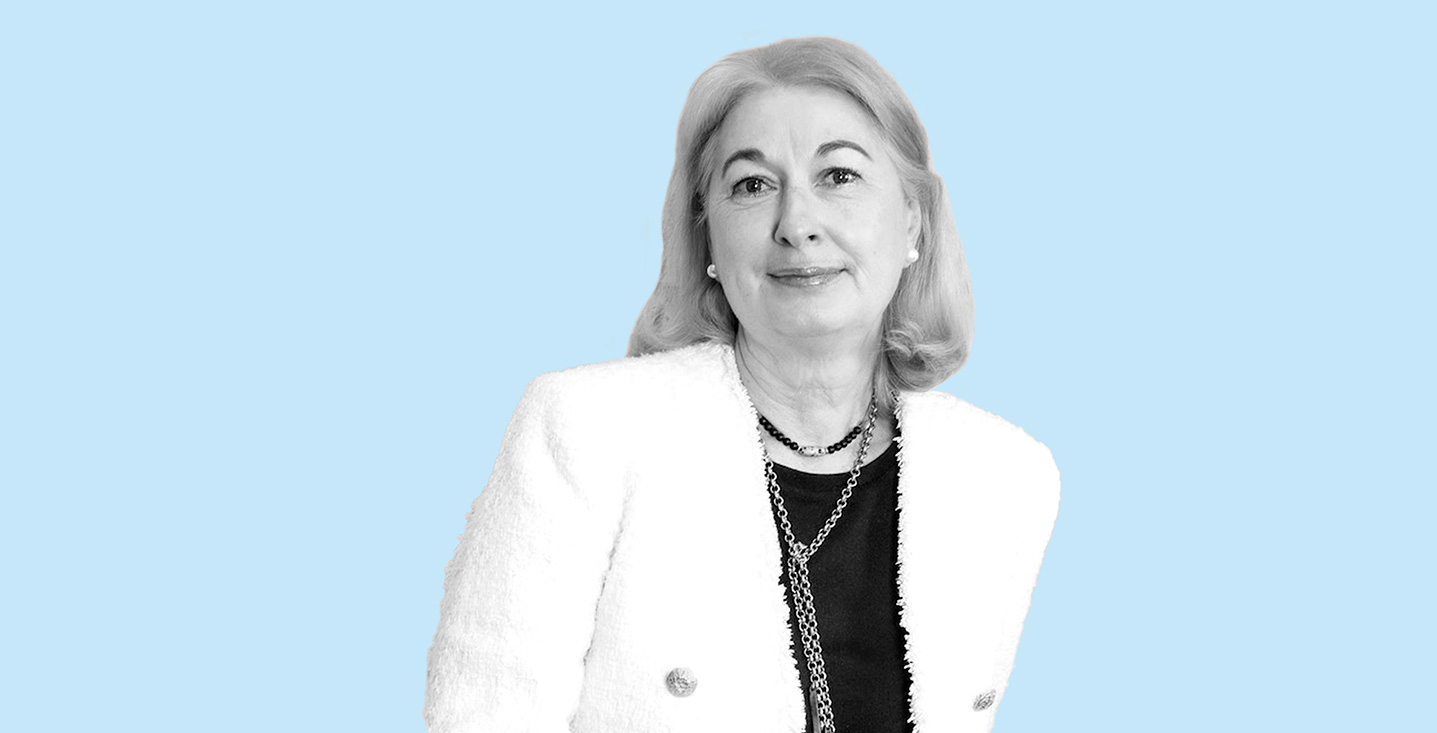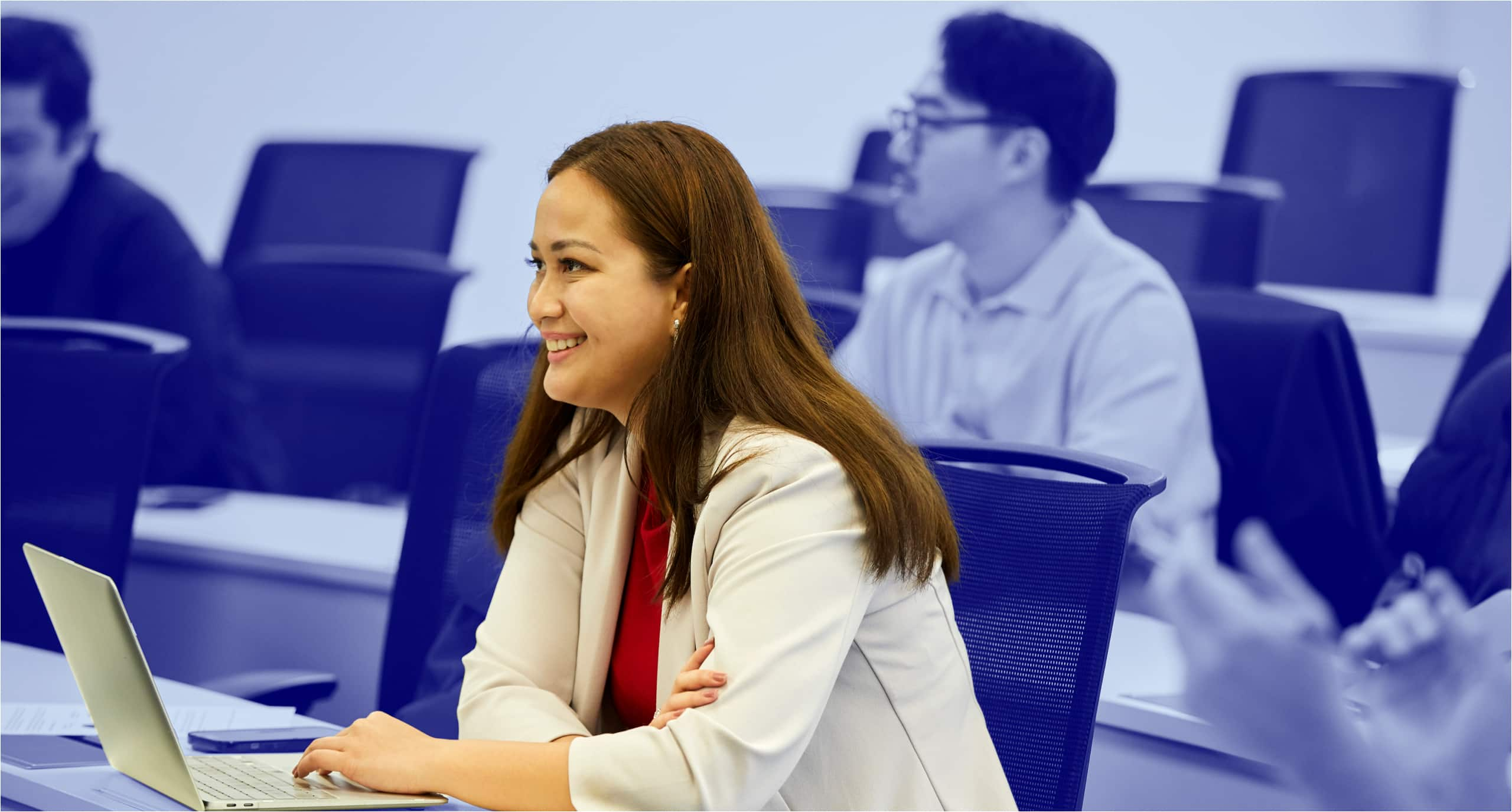03/10/2023
Inalegwu Alogwu is a digital commerce and finance expert with over 18 years of experience building digital platforms and touchpoints across different verticals. Currently working as the group director of digital transformation at ARM Holding Company, Ina uses his expertise to oversee the group’s retail and digital strategy and supports the seven subsidiaries in achieving their digital transformation goals.
Apart from his work at ARM, Ina oversees two venture-building programs that support tech startups, sits on the advisory board of the FinTech Center at the University of East London, is a RDSBL Fellow at the Royal Docks School of Business and Law in London, and sits on the advisory board of a not-for-profit organization PAWEN, the Pan African Women Empowerment Network, which empowers women to be contracted entrepreneurs.
Though he was already extremely busy, Inalegwu Alogwu couldn’t miss out on the unique opportunity to continue his education. While leading a project at a fintech company, he began to see the possibilities that digital transformation as a concept could offer. Intrigued by companies that made daring decisions in order to stay relevant, Ina became obsessed with reading stories from companies that had to transform their business models to survive. “The more I learned about digital transformation, the more I became keen on improving my knowledge around the concept and learning how it applied to traditional companies who are trying to evolve in a digital era,” he explains.

After some detailed research on institutions, Ina realized that IE University was the clear choice for the next step in his professional growth.
Having to adapt
His first few days in Spain were a bit of a culture shock, he’s not afraid to admit. Not speaking any Spanish, he was initially daunted even by the prospect of getting something to eat and realized he had to lean on the assistance of some of his classmates—help they happily provided. Luckily, Ina is an adventurous foodie, and enjoyed exploring Spanish cuisine, particularly the seafood, and quickly came to love Madrid.
In the process of settling in, one thing that stood out to Ina was the diverse nature of his cohort. Not just diverse in their nationalities, but also vastly diverse in their backgrounds and verticals, not all of which he would have expected to be typical for the program. “Some of my classmates came from industries that you would not consider traditional, like construction or pharmaceuticals.”
For Ina, hearing about how they were taking their learnings from the program to their respective roles and organizations helped him understand that digital transformation is applied everywhere. Plus, meeting a great network of people with whom he still keeps in touch has been a big advantage; “The people I met along the way are one of the highlights of my time at IE University.” He enjoys seeing their successes and professional growth via LinkedIn and their very active Whatsapp group.
Seeing new perspectives
His classmates’ diversity has helped Ina see digital transformation from another perspective, which also helps him stand out in his current role. In fact, as soon as he listed IE University on his LinkedIn profile, people started reaching out to offer him work. He landed his role even before graduating and attributes that to the program and to being part of the IE Community. The Executive Master in Digital Transformation and Innovation Leadership helped Ina define innovative leadership, which he sees as
“the ability of leaders to be able to apply different leadership styles, and leverage those leadership capabilities to create a vision for where the organization needs to go.”

Ina doesn’t like to use the word project in relation to digital transformation. A project has a start and end date, whereas he sees driving transformation as a journey. He can spot the difference between a company that’s on its transformation journey and one that isn’t by looking at their respective cultures. “One of the qualities you find in an organization that has been transformed digitally is that the culture itself supports a digital way of thinking and a constant dissatisfaction with the status quo,” he tells us. He goes on to explain that a digitally transformed company is one that has a digital culture ingrained across the organization: “It all starts from culture. Culture eats strategy for breakfast.”
A career boost
Ina’s job offer came while he was still in the program, and he was able to take his learnings and implement them directly. In fact, he was offered a few different roles, but he chose his current company because it gave him a certain challenge. “I chose the organization that I currently work with because they were a very traditional company that was set up in 1994—a challenge that was too tempting to turn down. I’m proud of and impressed by the company we are today versus the one I saw when I initially joined.”
His success in the transformation journey is largely due to the company’s executive leadership’s willingness to shift. He is given a lot of space to do what he was taught during the program. His focus is on business outcomes and shifting toward a more innovative organization; one that’s open to collaborating with tech startups.

Ina’s time in Madrid helped him gain a new perspective through various case studies and introductions to new industries.
As he runs an incubator and accelerator program, he works with startups who are trying to apply technologies in these new industries, so he’s been able to have conversations that have led to new possibilities.
When asked what he would say to someone who is thinking about studying the Executive Master in Digital Transformation & Innovation Leadership, his response is “Don’t go to any school other than IE University,” noting that alumni are also always ready to help give advice and share their experiences.








